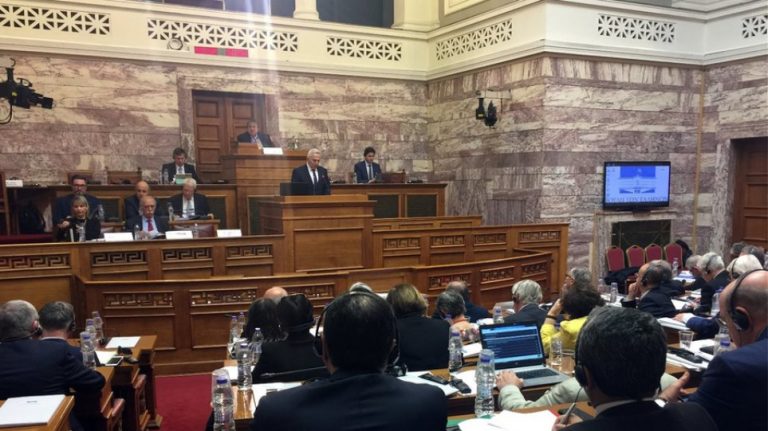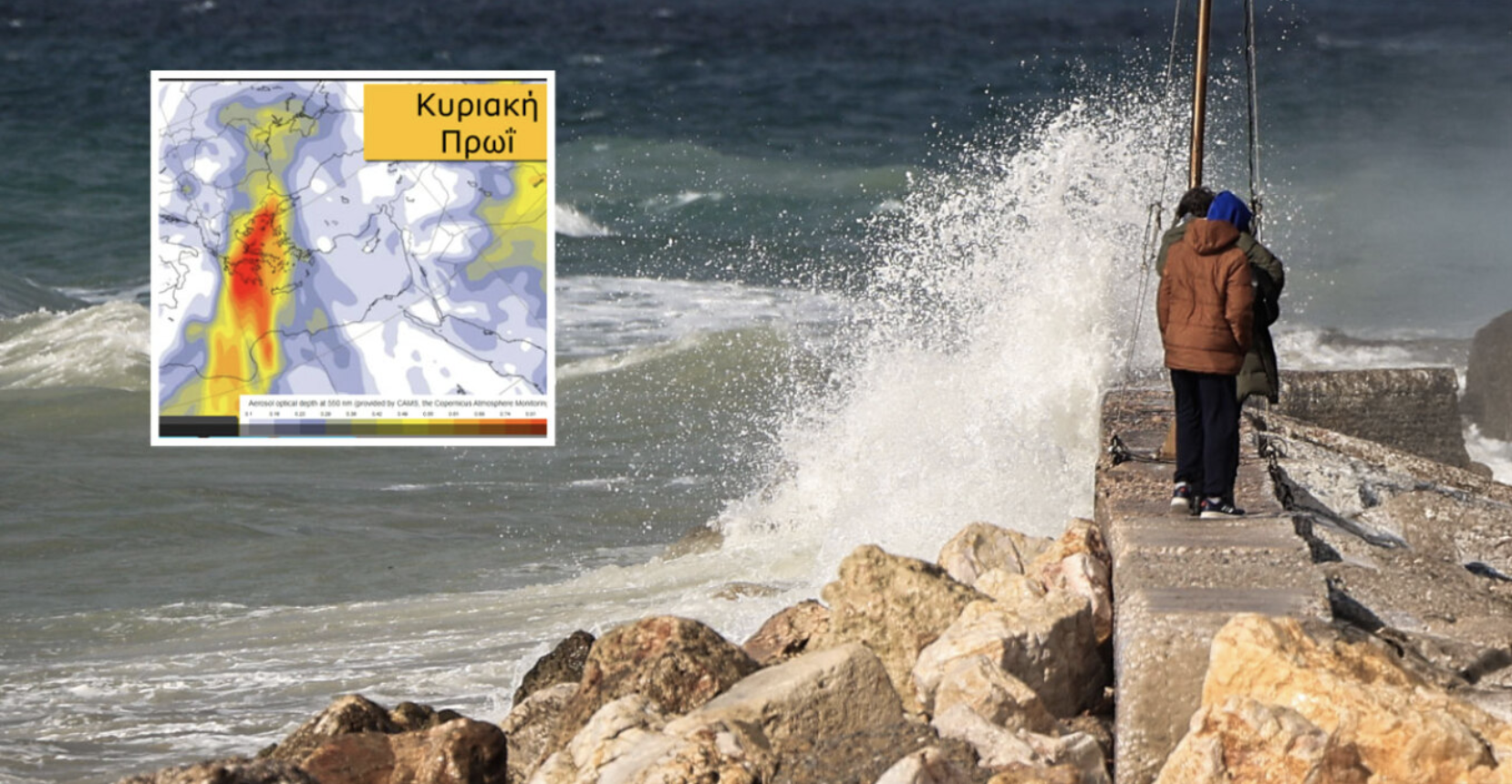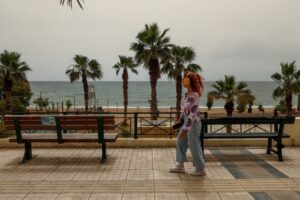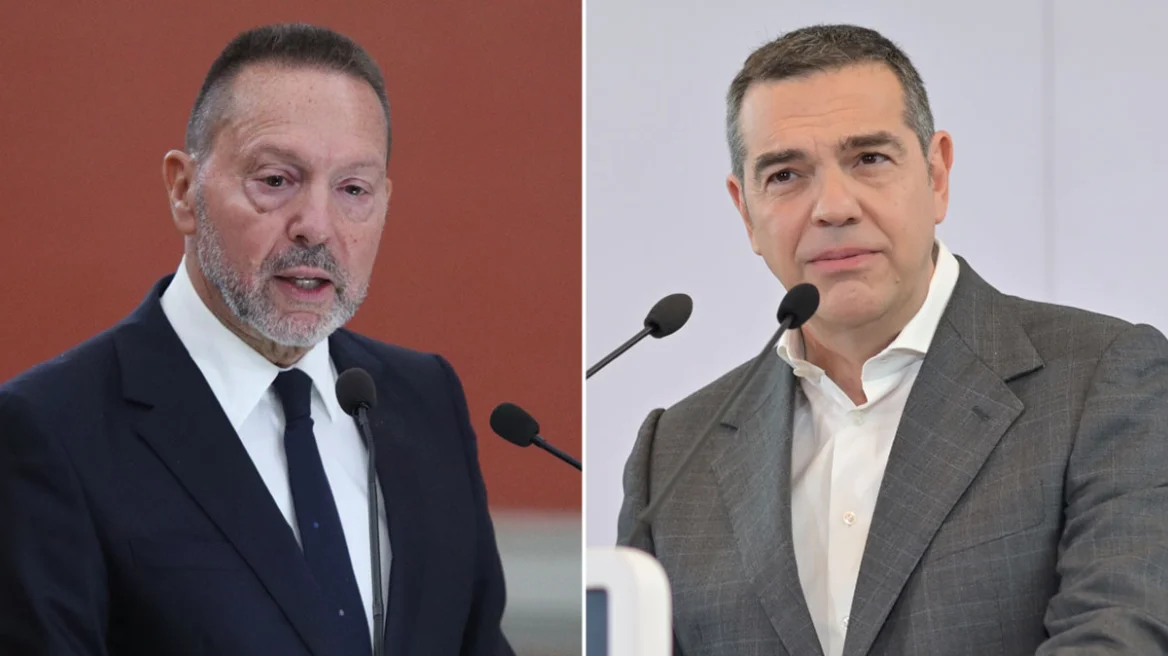The model of the Prespa Agreement seems to be what the Alexis Tsipras’ government considers to be a model for the resolution of the Greek-Turkish strained relations and the Cyprus dispute.
The SYRIZA MP and head of the Greek representation in NATO Christos Karagiannidis shocked everyone by stating at the joint meeting of NATO’s interparliamentary session, while addressing the Turkish delegation, that “we must solve our problems with an honest compromise as we did with ‘Northern Macedonia'”.
The revelation that Tsipras’ government is even considering to approach the Greek-Turkish differences in the same manner, has caused a major political issue.
SYRIZA MP Costas Douzinas, head of the Foreign Policy & Defence Committee of the Greek Parliament, also stressed that there should be a dialogue between Greece and Turkey “with respect as we did with Northern Macedonia”!
Responding to the allegations made by members of the Turkish delegation that part of the revenues from the extraction of hydrocarbons should be attributed to the Turkish-Cypriots, Mr. Douzinas said: “Over 1/3 of the territory is under foreign occupation. The official position on Cyprus is that when mining and exploitation move ahead, profits will go to a sovereign fund and part of it will go to the Cypriot(!) factor of a united Cyprus. The two peoples have nothing that separates them. Political powers have differences”.
Turkish threats within the Greek Parliament
Earlier, Turkish MP Ahmet Yildiz from Tayyip Erdogan’s ruling party AKP and a member of the Turkish delegation in Athens said during their statements in Parliament: “There are some differences. Describing them as unilateral violations is not fair. Turkey is the last side to blame regarding Cyprus. There could have been a solution to Crans Montana. The Turkish side does not take part in the Law of the Sea. The Greek describes it as International law. Turkey has a larger coastline to the Aegean. It is a controversy and requires negotiations that have not taken place thus far because the Greek side adheres to unilateral actions and interpretations”.
Continuing his provocative statements, Ahmet Yildiz, former Deputy Foreign Minister of Turkey, noted for Cyprus: “There are two parts in Cyprus. If there is a need for hydrocarbons, everything will happen after the resolution of the problem or by mutual agreement of both sides to share the permits. It is, therefore, an opportunity for the region. If the Greek-Cypriots want it the door is open. But when there is mining in an area belonging to two regions is done unilaterally, it is not acceptable and has consequences. I hope both sides will work together so that we will cooperate”.
Ask me anything
Explore related questions





